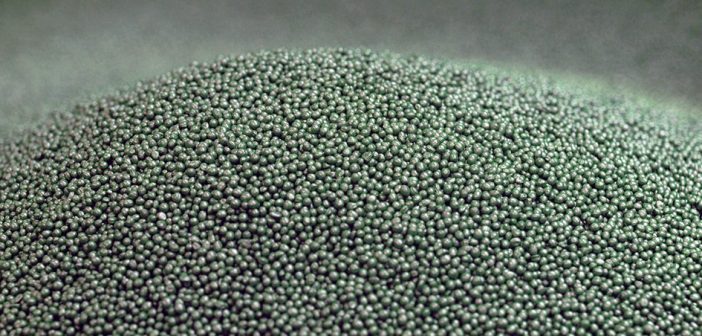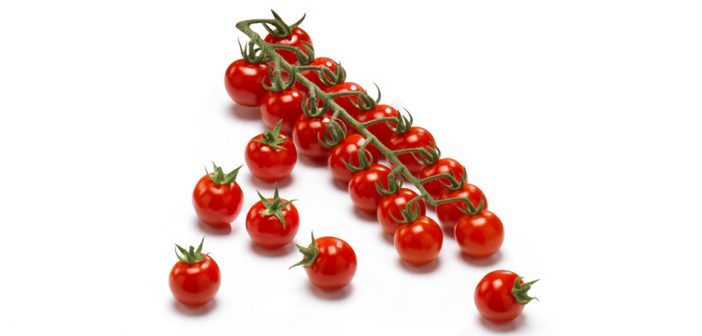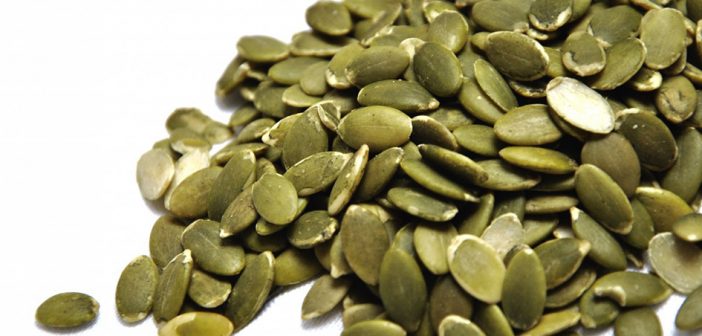Plant breeders and seed producers Bejo Zaden have introduced a new seed coating which is says is made entirely from natural sustainable materials and which will offer a number of advantages.
As well as providing greater protection to the seed than previous coatings, the new material is said to produce a smoother, rounded seed which aids sowing, and the new colour is said to be easier to see in the field. Because it is natural, the new coating completely decomposes in soil once it has completed its function.
During the seed preparation phase, the new coating dries quicker, reducing the amount of energy used and also improves seed vitality, both as less drying is required and as the new coating has higher moisture permeability.
The new coating is approved for use on organic crops by SKAL, the Dutch organic licensing authority and in due course the new coating will be introduced across the Bejo portfolio, starting with beetroot seed.

Photo Credit: Bejo Zaden
The post Bejo introduces sustainable seed coating appeared first on Hort News.



